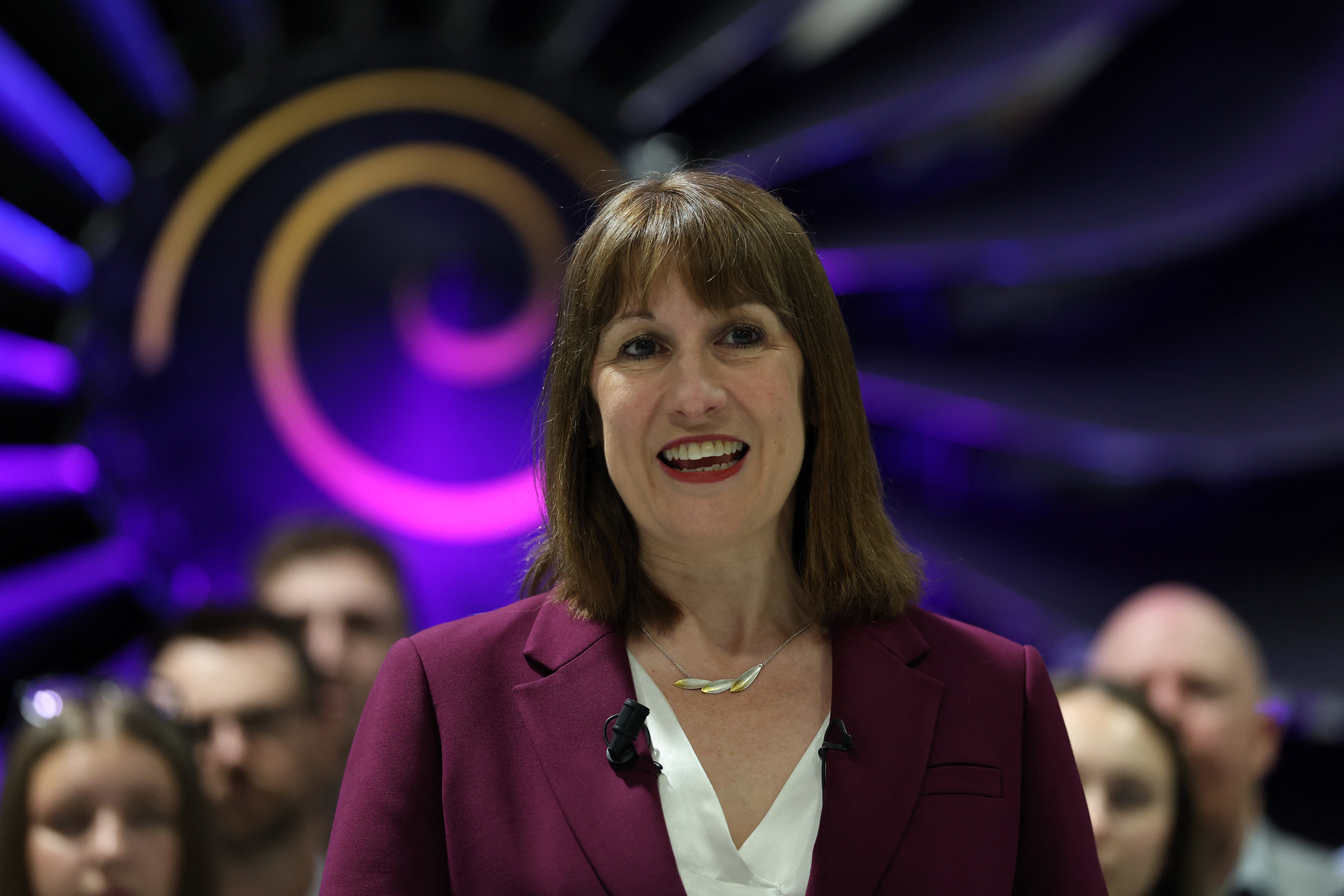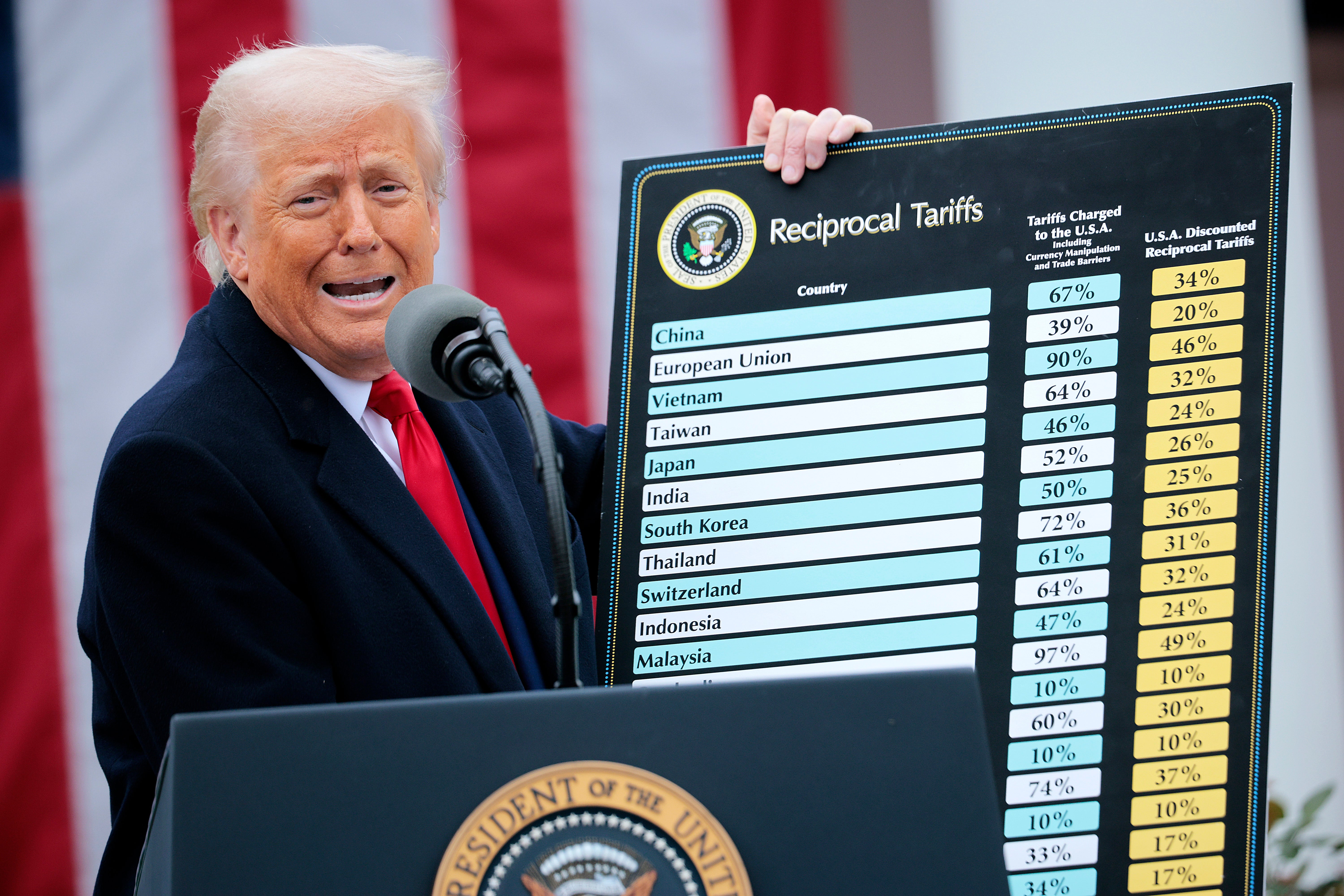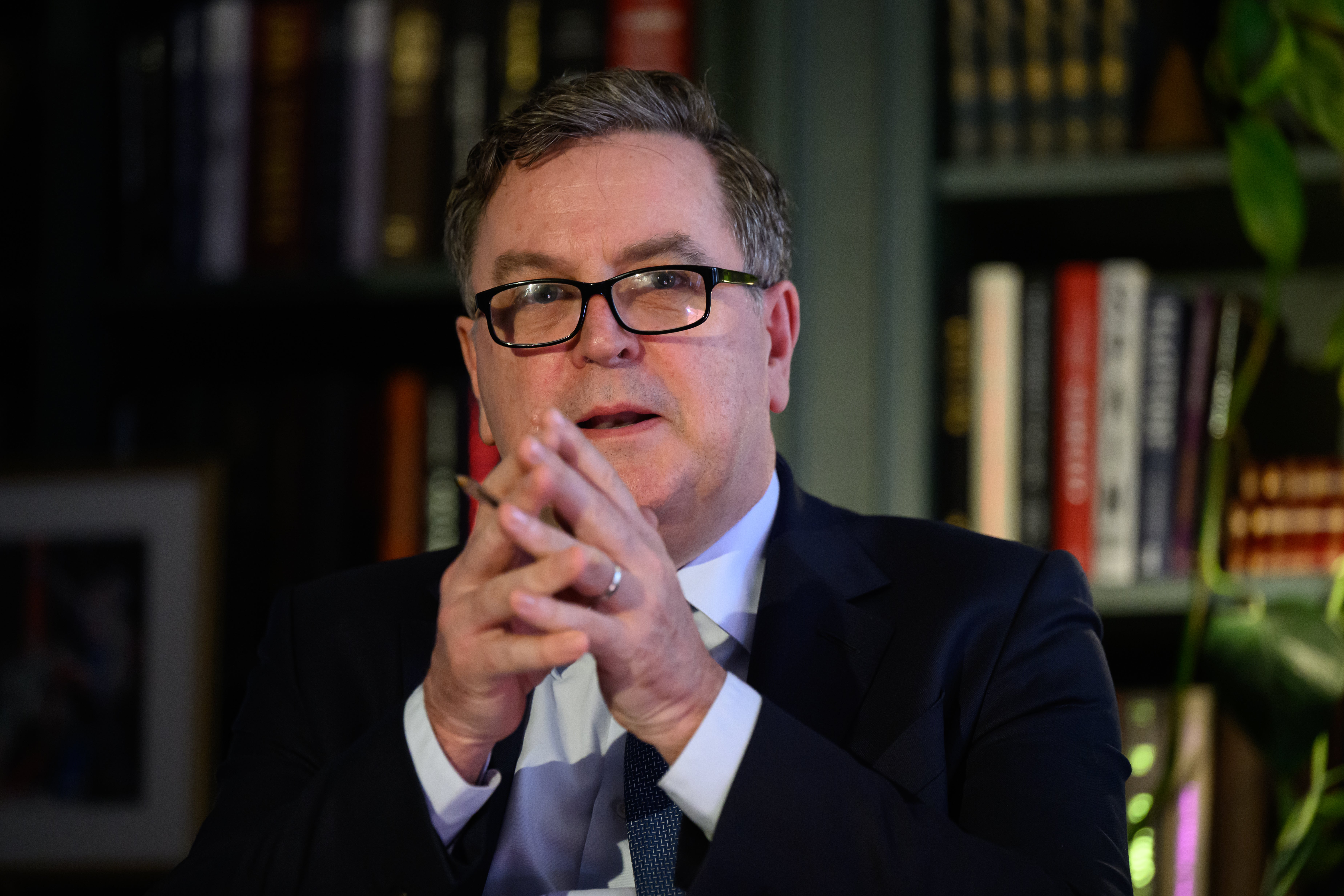The UK economy grew by 0.7 per cent in the first three months of the year, new official figures show, making it the fastest growing economy in the G7 in a boost for Sir Keir Starmer.
Gross Domestic Product (GDP) grew faster than expected and at the fastest rate in a year, according to the Office for National Statistics.
The figures showed economic growth in the first quarter of 2025 – the period directly before Donald Trump unveiled his “Liberation Day” tariffs in early April.

While the figures are a welcome boost for the prime minister and Rachel Reeves, after the economy stagnated through Labour’s first six months in power, experts warned they were artificially inflated by firms boosting production in a bid to dodge the US president’s tariffs. The figures also cover the period before the chancellor’s employer national insurance hike kicked in, which economists have warned will hit economic growth.
Mr Trump imposed sweeping levies on countries around the world – including the UK – which sent global markets tumbling and prompted economic instability.
Sir Keir seized on the figures, describing them as “very good and very welcome”. “I think they show the strength and resilience of the British economy and the potential,” the prime minister said.
And Ms Reeves said the growth figures showed the government was “making the right choices”.
“Today’s growth figures show the strength and potential of the UK economy,” she said.
She added: “In the first three months of the year, the UK economy has grown faster than the US, Canada, France, Italy and Germany. Up against a backdrop of global uncertainty we are making the right choices now in the national interest.” Both acknowledged there is “more work to do”.

Labour’s number one mission in government has been to grow the economy, but the party has so far struggled. As well as the national insurance hike, its national living wage increase and employment rights bill are also expected to weigh on businesses and hit economic growth in future.
The 0.7 per cent growth means it came in ahead of economists’ expectations of 0.6 per cent growth for the quarter.
It was also the highest GDP rate since the first quarter of 2024, when the economy jumped by 0.9 per cent.
Sir Keir added: “The UK now has the fastest growth in the G7 – our plan for change in action. We’ve had four interest rate cuts since July and wages are rising faster than prices.
“But I know the Tory cost of living crisis isn’t over – we will go further and faster to deliver for working people.”
Economists at the Confederation of British Industry (CBI) said the rise in activity was “a pleasant surprise”, but warned the strength of GDP over Q1 is “likely to prove a one-off”.
“Businesses remain cautious over hiring and investment plans given the steep rise in employment costs following the Autumn Budget,” Ben Jones, lead economist at CBI said.

“Now is a critical time for government to hardwire growth into the economy through the upcoming Spending Review.”
Company national insurance contributions increased from April, which some economists have said will force firms to cut jobs.
And the US imposed a 10 per cent blanket tariff on most UK goods entering the world’s biggest economy, which is expected to directly impact exporters and has led to heightened uncertainty affecting businesses and households.
The latest figures show that economic growth slowed to 0.2 per cent in March, from 0.5 per cent in February, as activity among UK factories began to slump.
Liz McKeown, ONS director of economic statistics, said: “The economy grew strongly in the first quarter of the year, largely driven by services, though production also grew significantly, after a period of decline.
“Growth in services was broad based, with wholesale, retail and computer programming all having a strong quarter as did car leasing and advertising.
“These were only slightly offset by falls in education, telecoms and legal services.”

Ministers also acknowledged that the latest GDP figures do not yet account for the impact of the Government’s hike in national insurance contributions for employers.
Asked about the tax rise, which came into force in April, Treasury minister Emma Reynolds told BBC Breakfast: “Sure that’s true, because it’s about the first quarter of the year, so January to March. I mean, obviously I’m not going to sit here and predict what might happen after that, but I think the fundamentals of the economy look very strong.”
Shadow chancellor Sir Mel Stride also pointed out that both the Office for Budget Responsibility (OBR) and the International Monetary Fund (IMF) had downgraded short-term growth forecasts and hit out at the hike in employers’ national insurance, which he branded a “jobs tax”.
“While it’s welcome the economy is growing, both the OBR and IMF have downgraded the UK’s growth,” Sir Mel said.
“Labour’s jobs tax, unemployment bill and reckless choices have seen the number unemployed rise by 10% and working families £3,500 worse off.”

Growth Commission member Ewen Stewart said the figures “flatter to deceive” and cautioned that “the underlying position of the economy remains very weak”.
He added: “The more important matrix is not headline GDP but real GDP per capita, which better reflects overall living standards. While this grew by 0.5 per cent in Q1, this is on the back of declines in the previous two quarters.
“Moreover, real GDP per capita has barely increased since 2020, which is unprecedented in modern economic history.
“Substantial tax rises – notably increased employers’ NICS – only took effect in April and are sure to compound the growth crisis the UK faces. This crisis is largely self-inflicted as increased taxation, weakly controlled public spending and ever-increasing regulation strangles optimism and potential.”








